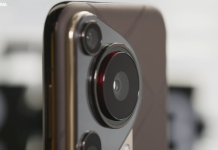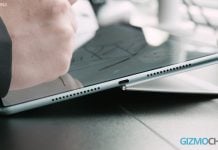Post the US ban, Chinese giant Huawei has bought stakes in multiple tech and semiconductor companies in a bid to invigorate the affected supply chain. A report by Reuters says that the move is to focus more locally rather than opting for overseas companies.

Setup in April 2019, Huawei’s Habo Investments has reportedly finished close to 17 deals since August 2019. The deal is for buying stakes from Chinese tech companies as per the public records. Most of the deals are with start-ups and some companies include Vertilite, Shoulder Electronics, 3Peak, and more. Recently, it has also invested in Open Source China, which is behind China’s Github alternative, Gitee. While we aren’t aware of the exact valuations, the report says Habo’s normally acquires 5-10% as per the filings.
Vertilite, founded in 2015, makes (vertical-cavity surface-emitting lasers)VCSEL sensors for facial-recognition in Cameras. And Huawei has reportedly used its sensors in a number of devices. Shoulder Electronics makes RF filters for wireless communications but still lacks compatibility of 5G phones. 3Peak makes ADC(Analogue-Digital Converters) for network base stations.
Besides, Habo’s investments include companies outside of telecom operations as well. If reports are true, its investment in chips, raw materials, and battery technology companies suggests that Huawei self-driving cars aren’t far away from reality.
All these investments are reportedly the response to US restrictions on the company. A former Huawei staff is quoted saying that the company usually does its own R&D but has turned towards investments only as the last resort. However, analysts predict that Huawei is far from recovering its Smartphone and network operations. They say that these investments will take time to reap benefits but Huawei is left with nothing else to do.
Ivan Platonov from Researching firm EqualOcean says, most of the companies are small and not globally competitive despite being good at their job. For instance, 3Peak’s annual revenue in 2019 is reportedly only $43.99 million. However, the US companies dominate the ADC market already. That said, Huawei’s investments are on the lines of the Chinese government’s steps to improve the silicon sector. Nevertheless, let’s play the waiting to see if Huawei can harvest well with these investments in the future.
Up Next: Samsung leads the global smartphone market in August, widens the gap with Huawei







